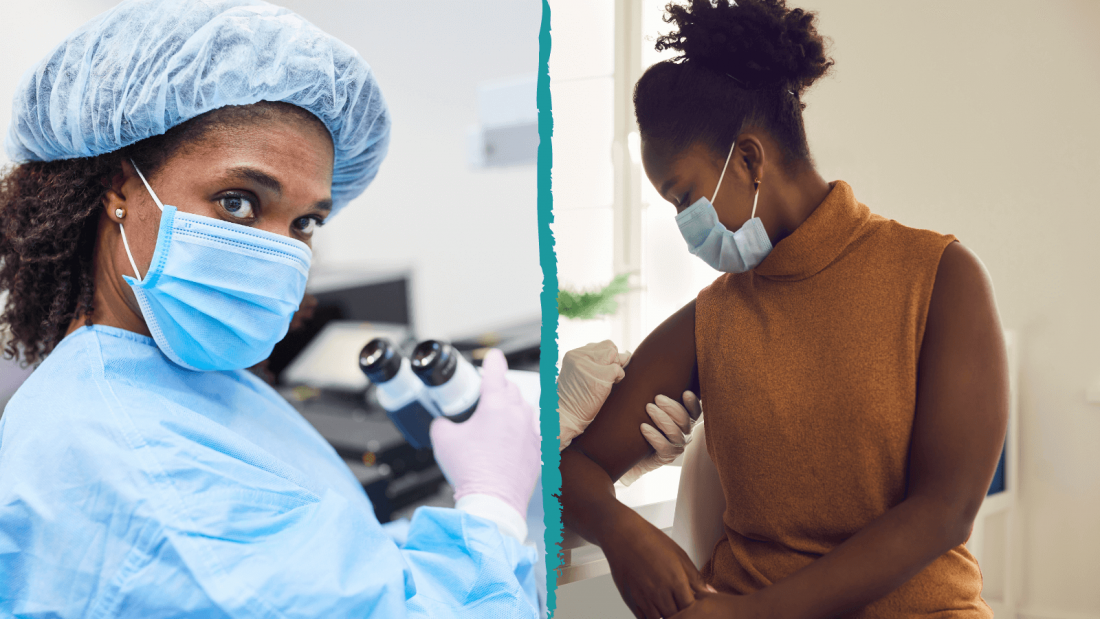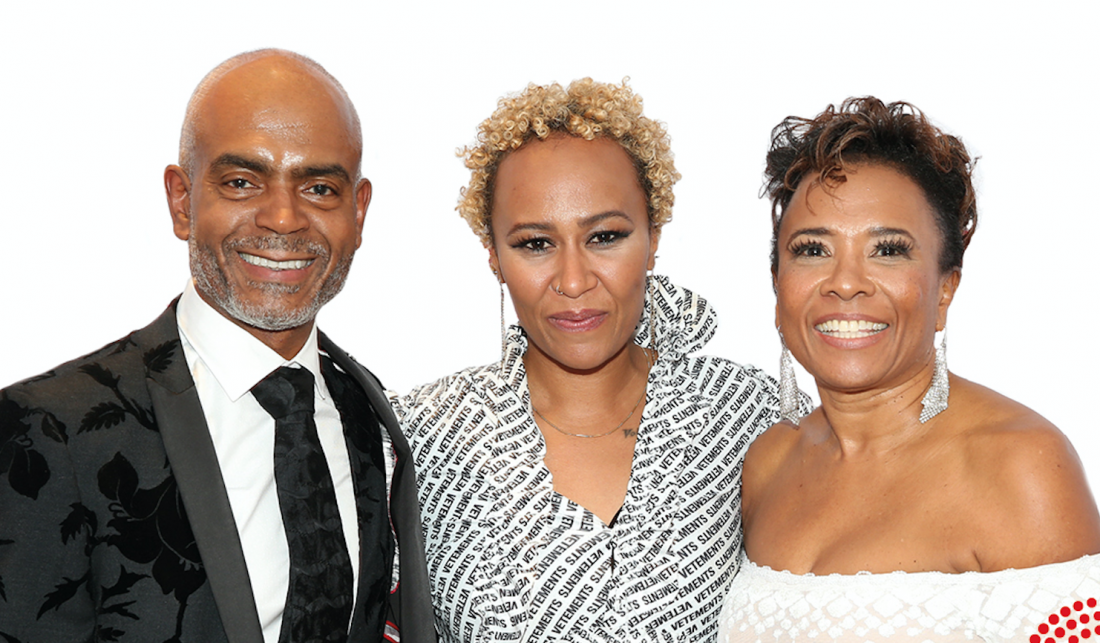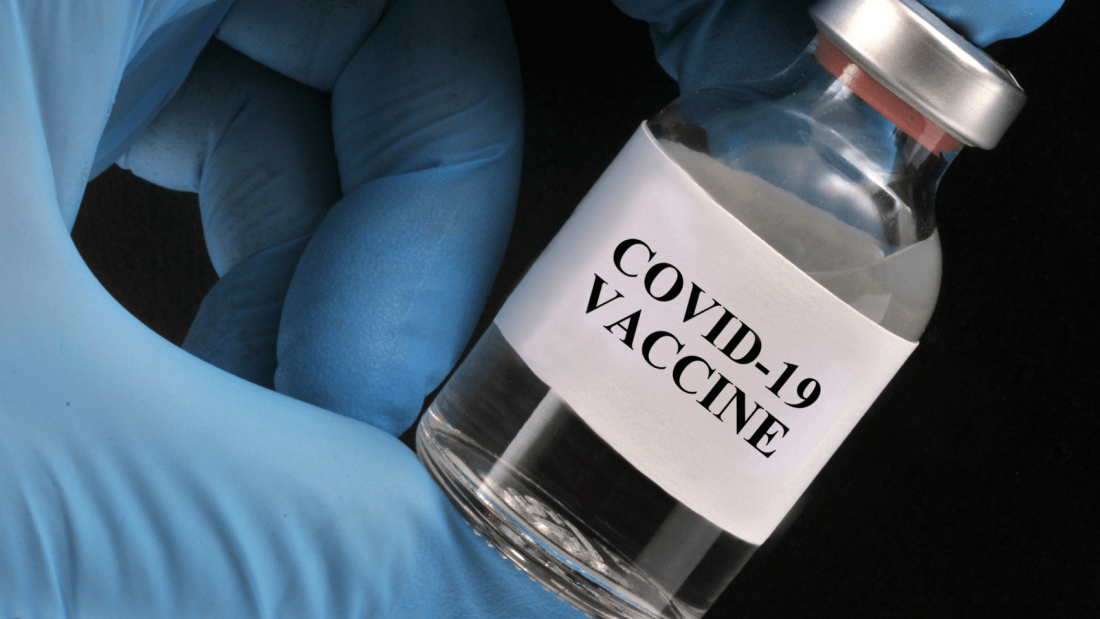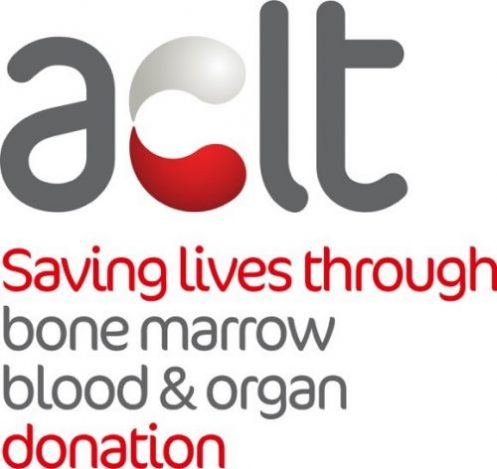Hundreds of people attended the African Caribbean Leukaemia Trust (ACLT) virtual webinar, ‘Black People: Let’s Talk about COVID-19 Vaccines’, on Thursday evening, to give a voice to those in the Black community who are cautious about taking the COVID-19 Vaccine.

Many health professionals, such as Dr Zoe, have been educating the public about the COVID-19 vaccines to put rumours to rest. Despite this, 72 per cent of Black people in the UK Household Longitudinal Study said they were unlikely to have the COVID-19 vaccine for various reasons, citing racism within healthcare as one of the causes.
Understandably, there is hesitation within the Black community to take the COVID-19 vaccine even though we are disproportionately affected by the virus.
Healthcare in the UK is not always in our favour, with the mortality rates of Black child-bearing women four times higher than in white women. Despite that, Black healthcare experts are encouraging us to take the vaccine and confirm that it is safe for Black people to do so. COVID-19 is not driven by race and the vaccines are to prevent COVID-related deaths in all communities.
Due to the sheer amount of hesitancy within the Black community, the founders of the ACLT, Orin Lewis and Beverly De-Gale organised the webinar, inviting the public to ask questions and listen to a discussion involving healthcare professionals and some familiar faces.

Orin Lewis started with: “So why are we doing this? Because of the hesitancy out there in the community on taking the vaccine whilst there is this incredible pandemic.”
“We’ve been hearing this from the Black community for too long, so let’s now do something about this and change it, so we put this on.”
The webinar began with a special keynote from Charlene White, host of ITV’s Loose Women and ITN News anchor. Her speech was heartfelt and emotional, urging the Black community to listen and re-think their decision on taking the vaccine.
“We’re trying to save your life. We’re trying to save the life of your family members. We are trying to get us out of the hellhole that is this pandemic and trying to get ourselves back to some sort of normality.”
She continued: “I apologize for getting emotional but that is how passionate I am about this [having the vaccine] and I will continue to shout from the rooftops about how important this is because I just want people to understand.”
“We are trying to get us out of the hellhole that is this pandemic and trying to get ourselves back to some sort of normality.”
“I am passionate about the community that raised me. I just need people to understand the truth and to do the right thing.”
The webinar was moderated by Channel 5 News presenter, Claudia Liza-Armah, who revealed to the public for the first time that she had tested positive for COVID-19 back in December.
Claudia said: “I actually tested positive for COVID in December. Well, it is the [most ill] I’ve ever been in my life. I actually haven’t shared that; this is the first time I’ve made that public knowledge. Only my nearest and dearest know.”
Some people within the Black community are still and may always be cautious about the vaccine, so discussions like this must be had, to squash rumours and present the facts. In this way, people can make their own informed decision on whether they will go ahead with the vaccine or not.
To answer the questions and address concerns, several healthcare professionals were present. These healthcare professionals included Dr Asher Williams, Dr Huzaifa Adamali, Dr Faith Uwadiae and Dr Phil Bright.

Offering a different view among the panel were individuals who agreed with having the vaccines, those who were not planning to have their jab and those who needed more information because of their immuno-compromised health complications . These panellists were Venessa Taylor, a leukaemia patient in remission searching for a stem donor as well as Chanel Taylor a sickle cell patient needing regular blood transfusions, both of whom we have previously featured in Melan.
The panel also included some well-known faces who openly spoke about their qualms regarding the vaccine.
Former professional football player and kidney transplant recipient, Andy Cole and mental health and development mentor at 100 Black Men, Anthony Cox, expressed their concerns about the vaccine, articulating the views of many people in the Black community.
Andrew Cole did not think he would take the vaccine, even though he is clinically vulnerable. He questioned how the vaccine was produced so quickly, since before the pandemic began, COVID-19 was something we knew nothing about.
This question was resolved promptly by Dr Asher Williams who responded with: “Scientists have known about the coronavirus family of viruses since the 1960s and the first human coronavirus was actually introduced into the population back in 2002 for SARS…it wasn’t as though the research was being done from Ground Zero up.”
“Scientists have known about the coronavirus family of viruses since the 1960s…”
Dr Asher Williams further explained that there has been pretty much unlimited funding to develop the COVID-19 vaccine, and due to the rate at which the virus was spreading, it was easy to find available participants to take part in the study.
Anthony Cox was also not convinced by the vaccines, making a point that even though 7,000 participants in the vaccine trials were from ‘Black and Minority Ethnic (BAME)’ backgrounds, this does not explicitly evidence how many of those ‘BAME’ participants were Black.
Dr Bright answered Anthony’s questions: “The ‘BAME group’ is not helpful for you. I would say that there are significant numbers of Black individuals involved in these studies. I don’t know the exact numbers of stuff in my head, but you’re probably talking about something in the region of 2,000.”
“The important thing to me actually isn’t the studies, it’s the fact that when it’s being rolled out in the UK and in lots of other countries, this has been given to a very, very large numbers of Black individuals, and I have not seen significant safety concerns raised in those roll outs.”
Some members of the Black community are even less represented in vaccine trials because they are clinically vulnerable. Much of their concerns centred around the side effects of the vaccine and the underrepresentation of their community in the trials.

It was cleared up that the COVID-19 vaccines are non-live vaccines, meaning they cannot cause COVID-19, so clinically vulnerable people can still have the vaccine.
“When they are looking for data from Black people from Black females from leukaemia patients or people who had chemotherapy, there will be some comparison or some data that they can use.”
Vanessa Taylor shared that she would be having her vaccine in the coming days and expressed her reason for having the vaccine. She said: “I’m only one person, but it will be in the system. When they are looking for data from Black people from Black females from leukaemia patients or people who had chemotherapy, there will be some comparison or some data that they can use.”
Discussions that took place in the webinar are extremely valuable for our community to be having. Worries, doubts and questions about the vaccine are completely justified, but listening to healthcare professionals should help ease some of these concerns.
Your decision to take the vaccine should be based on real facts and hard evidence. Science and research have shown that the COVID-19 vaccine is safe for Black people, and the vaccine will help prevent the spread and deadly consequences of COVID-19.












